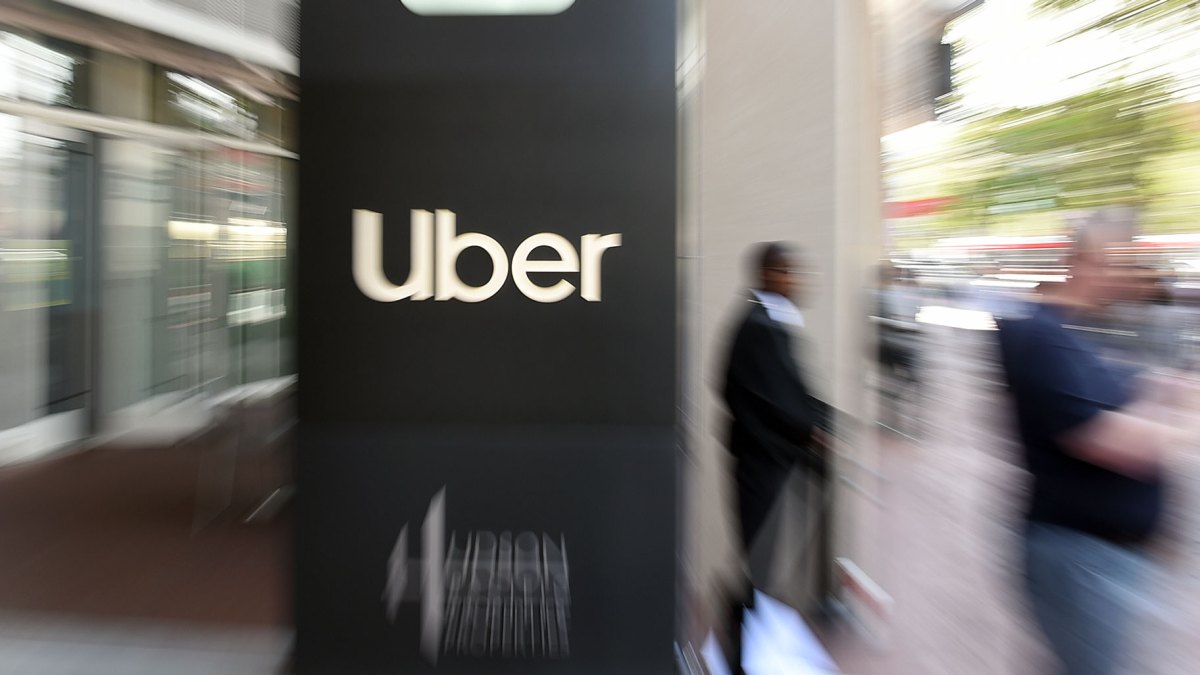Uber has actually been actually discovered to have actually fallen short to observe European Union mathematical openness needs in a lawful difficulty taken through 2 chauffeurs whose profiles were actually ended due to the ride-hailing titan, featuring along with making use of automated profile banners.
Uber likewise stopped working to persuade the judge to top regular penalties of €4k being actually enforced for recurring non-compliance — which currently go beyond over half a thousand europeans (€584,000).
The Amsterdam Area Judge discovered for 2 of the chauffeurs that are actually prosecuting over information accessibility over what they chair as ‘robo-firings’. Yet the charms court of law chose Uber had actually supplied adequate details to a 3rd motorist pertaining to the main reason whies its own protocol hailed the make up prospective fraudulence.
The chauffeurs are actually taking legal action against Uber to secure details they say they are actually legitimately needed to pertaining to considerable automated choices taken regarding all of them.
The European Alliance’s General Information Security Rule (GDPR) offers each for a right for people certainly not to become based on exclusively automated choices along with a lawful or even considerable influence as well as to acquire details regarding such mathematical decision-making, featuring acquiring “significant details” regarding the reasoning entailed; its own importance; as well as imagined repercussions of such handling for the information topic.
The center of the problem associates certainly not to fraudulence and/or threat evaluations ostensibly accomplished on hailed motorist profiles through (individual) Uber personnel — however to the automated profile banners on their own which induced these evaluations.
Back in April an allures court of law in the Netherlands likewise discovered mainly for system employees prosecuting versus Uber as well as one more ride-hailing system, Ola, over information accessibility civil rights associated with affirmed robo-firing — reigning the systems cannot rely on trade secrets exemptions to deny drivers access to data about these sorts of AI-powered decisions.
Per the latest ruling, Uber sought to rehash a commercial secrets argument to argue against disclosing more data to drivers about the reasons why its AIs flagged their accounts. It also generally argues that its anti-fraud systems would not function if full details were provided to drivers about how they work.
In the case of two of the drivers who prevailed against Uber’s arguments the company was found not to have provided any information at all about the “exclusively” automated flags that triggered account reviews. Hence the finding of an ongoing breach of EU algorithmic transparency rules.
The judge further speculated Uber may be “deliberately” trying to withhold certain information because it does not want to give an insight into its business and revenue model.
In the case of the other driver, for whom the Court found — conversely — that Uber had provided “clear and, for the time being, sufficient information”, per the ruling, the company explained that the decision-making process which triggered the flag began with an automated rule that looked at (i) the number of cancelled rides for which this driver received a cancellation fee; (ii) the number of rides performed; and (iii) the ratio of the driver’s number of cancelled and performed rides in a given period.
“It was further explained that because [this driver] performed a disproportionate number of rides within a short period of time for which he received a cancellation fee the automated rule signalled potential cancellation fee fraud,” the court also wrote in the ruling [which is translated into English using machine translation].
The driver had sought more information from Uber, arguing the data it provided was still unclear or too brief and was not meaningful because he does not know where the line sits for Uber to label a driver as a fraudster.
However, in this case, the interim relief judge agreed with Uber that the ride-hailing giant did not have to provide this additional information because that would make “fraud with impunity to just below that ratio childishly easy”, as Uber put it.
The wider question of whether Uber was right to classify this driver (or the other two) as a fraudster has not been assessed at this point in the litigation.
The long-running litigation in the Netherlands looks to be working towards establishing where the line might lie in terms of how much information platforms that deploy algorithmic management on workers must provide them with on request under EU data protection rules vs how much ‘blackboxing’ of their AIs they can easily claim is necessary to fuzz details so that anti-fraud systems can’t be gamed via driver reverse engineering.
Reached for a response to the ruling, an Uber spokesperson sent TechCrunch this statement:
The ruling related to three chauffeurs who lost accessibility to their accounts a number of years ago due to very specific circumstances. At the time when these drivers’ accounts were flagged, they were reviewed by our Trust and Safety Teams, who are specially trained to spot the types of behaviour that could potentially impact rider safety. The Court confirmed that the review process was carried out by our human teams, which is standard practice when our systems spot potentially fraudulent behaviour.
The drivers in the legal challenge are being supposed by the information access rights advocacy organization, Worker Info Exchange (WIE), and by the App Drivers & Couriers union.
In a statement, Anton Ekker of Ekker law which is representing the drivers, said: “Drivers have been fighting for their right to information on automated deactivations for several years now. The Amsterdam Court of Appeal confirmed this right in its principled judgment of 4 April 2023. It is highly objectionable that Uber has so far refused to comply with the Court’s order. However, it is my belief that the principle of transparency will ultimately prevail.”
In a statement commenting on the ruling, James Farrar, director of WIE, added: “Whether it is the UK Supreme Court for worker rights or the Netherlands Court of Appeal for data protection rights, Uber habitually flouts the law and defies the orders of even the most senior courts. Uber drivers and couriers are exhausted by years of merciless algorithmic exploitation at work and grinding litigation to achieve some semblance of justice while government and local regulators sit back and do nothing to enforce the rules. Instead, the UK government is busy dismantling the few protections workers do have against automated decision making in the Data Protection and Digital Information Bill currently before Parliament. Similarly, the proposed EU Platform Work Directive will be a pointless paper tiger unless governments get serious regarding enforcing the regulations.”




